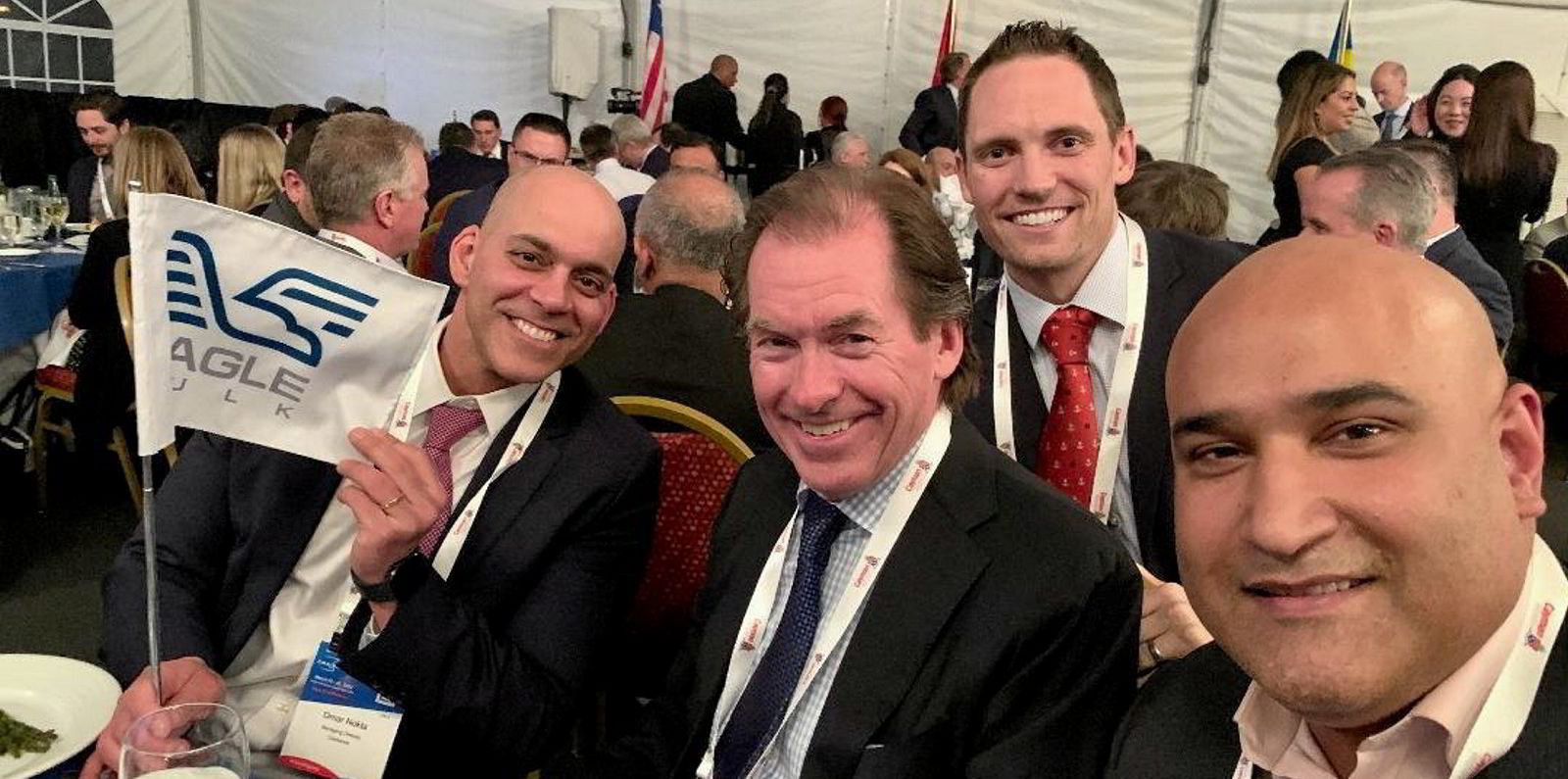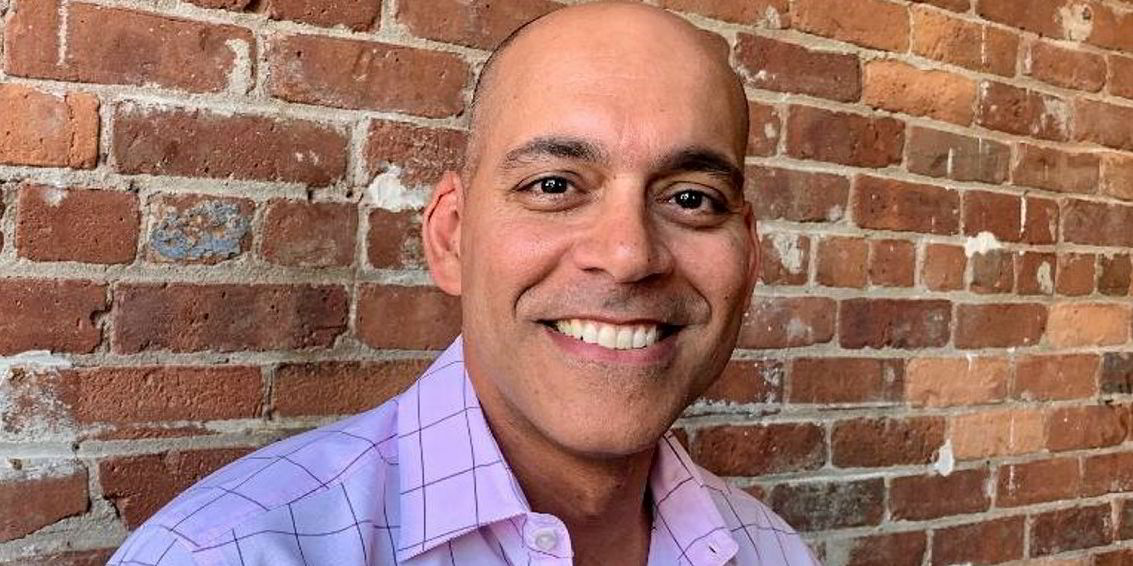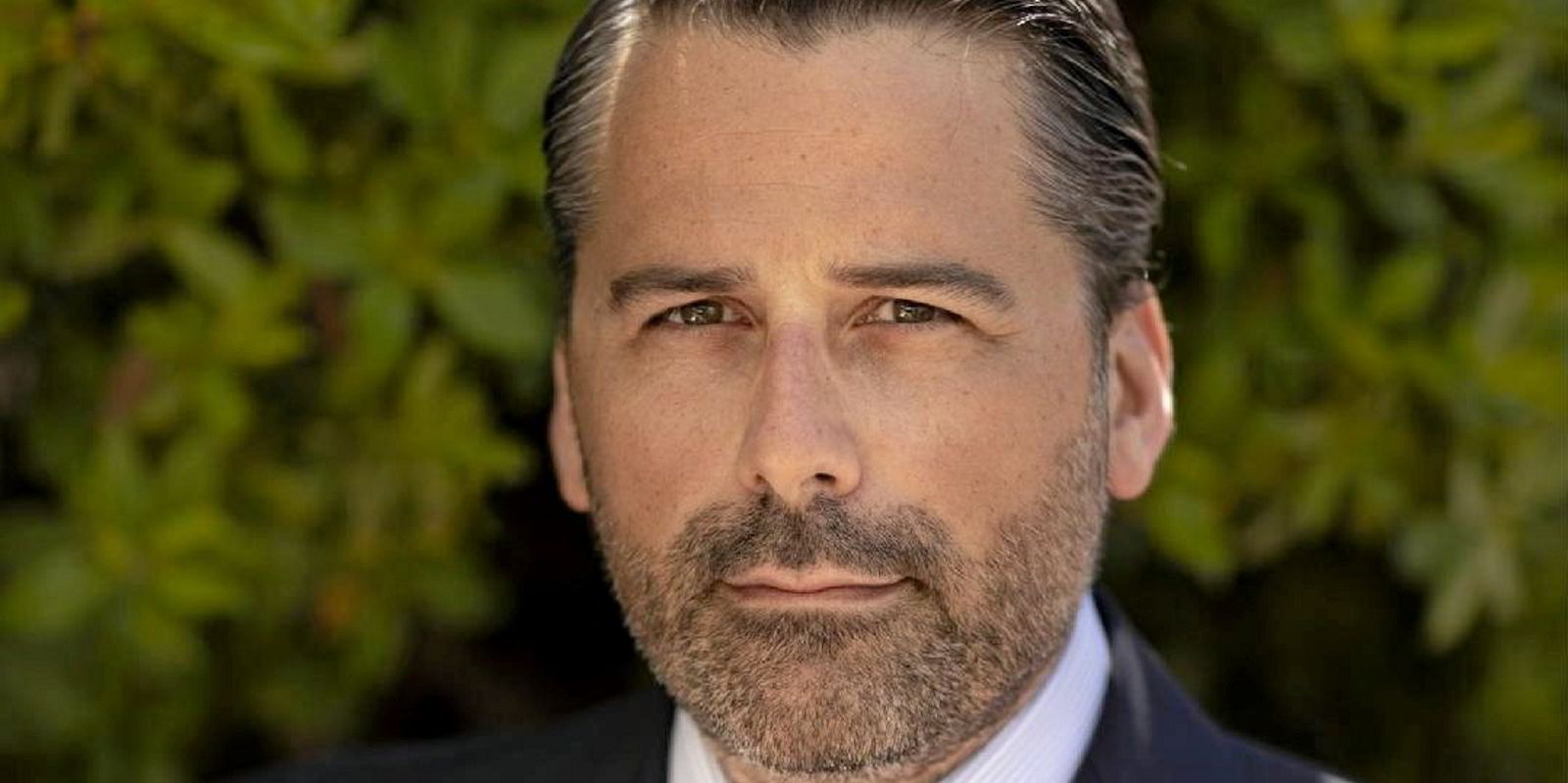Omar Nokta was a wide-eyed 24-year-old when he got his introduction to shipping in 2004 as an analyst for New York investment bank Dahlman Rose.
Under founders Ernie Dahlman and Simon Rose, the upstart boutique bank was trying to elbow its way into shipping deals largely on grit and hustle, just as a wave of initial public offerings was about to raise the industry’s profile.
The firm that already was leading or supporting many of those deals was Jefferies, with its team of investment banker John Sinders and analyst Magnus Fyhr.
“Jefferies was the go-to,” Nokta recalled in an interview with TradeWinds.
“They were the long-standing bank involved. Everyone knew them. When I’d be meeting with CEOs or CFOs, it was always: ‘Well, Jefferies says this or that’. I’d see Magnus at company events and I remember thinking: ‘He’s got such a strong franchise. I hope one day I can be like him’.”
It took 18 years, but Nokta at least figuratively stepped into Fyhr’s old office on 11 July as Jefferies’ new lead shipping analyst, replacing the recently departed Randy Giveans.
A lot has changed in shipping and capital markets over that time, and Nokta reflected on what he’s seen during his first interview in the post.
While his reflection on the early days goes a long way to explain his attraction to Jefferies, some people may still question why he left his previous post: head of US shipping research for Clarksons Platou Securities.
He concedes that it wasn’t easy. He traded in one of the best jobs in shipping equities research for another of the best jobs in shipping research.
Nokta joined Clarksons in 2014 as head of US securities, worked initially as an analyst, switched to investment banking outside of maritime, then returned to shipping research.

“I would say going to Clarksons fulfilled a dream of mine,” he said. “Any young shipping analyst or shipping nerd putting together their first model of what the industry looks like, you’re always using Clarksons data.
“To actually have an email address that said clarksons.com was very cool. I loved every moment of working there. [Clarksons CEO] Andi Case told me about all the toys I’d get to play with in terms of access to data and it was really good to have all that at my fingertips.”
But then in April Giveans made the surprise decision to leave Jefferies after 11 years, and the US bank made a bold move to poach Nokta as his replacement.

“When Jefferies approached me, I was a little hesitant,” he said. “I was already in a good role. But as I met the Jefferies people, I thought about those early days in shipping. They’re the only bank that’s been involved in shipping as long as I have been.”
He also was attracted to working for a New York-based bank whose leadership — CEO Richard Handler and president Brian Friedman —“have shipping in their blood” through experience in the sector.
With his choice made, Nokta spent the summer on gardening leave — “I actually did do some gardening” — but found he grew antsy with the forced removal from contact with shipping.
Naked and detached
“I felt naked,” he said. “Ninety days of not talking with investors was unique. I tried to stay plugged in, following the markets, reading TradeWinds. But not talking to clients at all … I felt out of touch.”
Nokta returned in style this month, initiating coverage on 24 New York-listed shipowners in a 181-page tome. He named tankers as his top sector pick and called operators with scrubbers and eco engines the new winners across sectors.
“Twenty years ago, there were maybe six companies you would have initiated on and they all would have been in tankers,” he reflected. “It’s a reminder how the industry and public sector have changed.”
In his early days, investor interest in shipping was a given, owing to the emerging China demand story.
Today there are no guarantees, as investors are more educated on shipping — and warier.
“They have a 20-year track record to know what shipping is all about. Some remember the terrific times of the last cycle. But they’ve also seen the horrific in the last 10 years,” Nokta said.
“Still, my perspective on shipping is pretty positive. I don’t think you need terrific markets to have a group of investible equities. You can have that with pretty good markets.”





